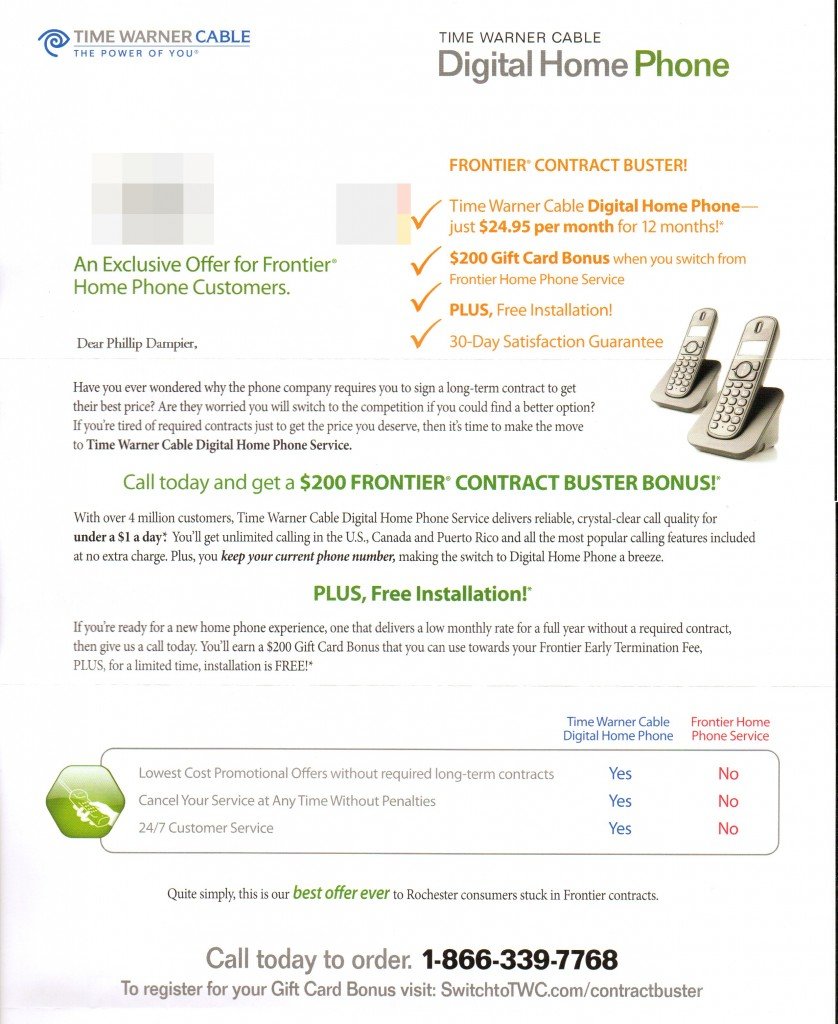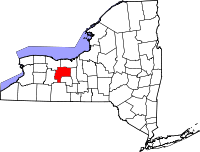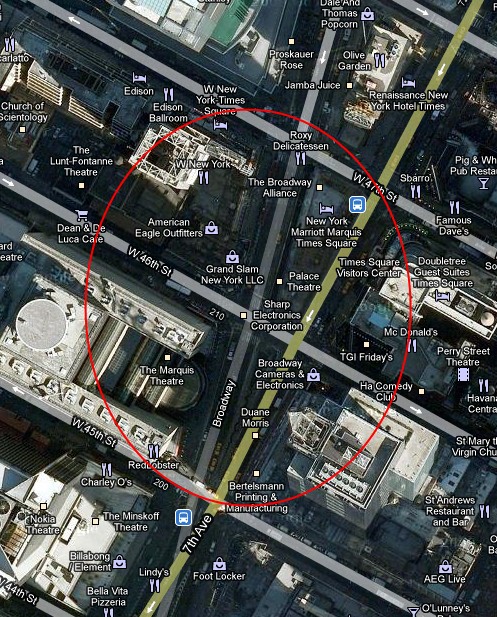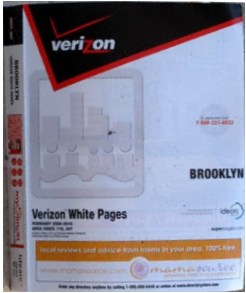 Time Warner Cable is back again with another offer to existing Frontier Communications customers trapped in multi-year service agreements. If you dump your Frontier landline overboard for Time Warner Cable’s Digital Phone service, the cable company will send you a gift card worth $200 good towards defraying your early termination fee, if any. If you don’t have such a fee, you pocket the $200. A year ago on this date the company ran a similar promotion heavily promoted in local cable television ad spots.
Time Warner Cable is back again with another offer to existing Frontier Communications customers trapped in multi-year service agreements. If you dump your Frontier landline overboard for Time Warner Cable’s Digital Phone service, the cable company will send you a gift card worth $200 good towards defraying your early termination fee, if any. If you don’t have such a fee, you pocket the $200. A year ago on this date the company ran a similar promotion heavily promoted in local cable television ad spots.
Time Warner will provide free installation of the phone line including unlimited nationwide long distance for $24.95 a month for 12 months. With the $200 gift card, that’s above and beyond their usual promotion. The company is also extending a bundled discount if a customer also takes Road Runner broadband service with their “digital phone” service.
For Frontier customers looking for an early exit, this offers one opportunity.
Existing cable subscribers can take advantage of the offer. There are terms and conditions to consider, starting with where the offer is available. The following Time Warner Cable service areas qualify:
- TWC Western New York
- TWC Central New York
- TWC Albany, NY
- TWC New England
- TWC Dothan, AL
- TWC Enterprise, AL
- TWC Yuma, AZ
- TWC El Centro, CA
- TWC Gunnison, CO
- TWC Telluride, CO
- TWC Coeur d’Alene, ID
- TWC Moscow, ID
- TWC Madison, IN
- TWC Newburgh, IN
- TWC Terre Haute, IN
- TWC Ashland, KY
- TWC Owensboro, KY
- TWC Richmond, KY
- TWC Kansas City, MO
- TWC Lincoln, NE
- TWC Ironton, OH
- TWC Richlands, VA
- TWC Pullman, WA
- TWC Clarksburg, WV
 Next, the offer is only good for residential customers switching from Frontier’s landline service. Limit one gift card per customer. Your final Frontier phone bill showing a disconnect request must be furnished to Time Warner Cable within 30 days to qualify. Your name and address must match on both bills. Offer is not available to customers with past due balances with Time Warner Cable, defined as any money owed in the past 30-60 days or customers who have been disconnected for non-payment in the twelve (12) month period preceding this offer. Service must be ordered by Dec. 31, 2010, and installation must occur within thirty (30) days of order date.
Next, the offer is only good for residential customers switching from Frontier’s landline service. Limit one gift card per customer. Your final Frontier phone bill showing a disconnect request must be furnished to Time Warner Cable within 30 days to qualify. Your name and address must match on both bills. Offer is not available to customers with past due balances with Time Warner Cable, defined as any money owed in the past 30-60 days or customers who have been disconnected for non-payment in the twelve (12) month period preceding this offer. Service must be ordered by Dec. 31, 2010, and installation must occur within thirty (30) days of order date.
If you’ve contemplated a change in providers but didn’t want to be subjected to a steep early cancellation fee, this isn’t a bad offer. Although I don’t use Time Warner Cable Digital Phone myself, others in my family do and they are satisfied with the service, although there have been at least two serious outages so far this year that ran several hours. Since most people also carry a cell phone, any cable outage or power interruption that also takes out your phone line isn’t as serious as it might have been in earlier years.
And, ahem, unlike Time Warner Cable’s attitude towards broadband, they really do provide unlimited calling with their “digital phone” service.

Time Warner Cable is mailing this letter to Frontier Communications customers in the Rochester, N.Y. market. (Click to enlarge)


 Subscribe
Subscribe





